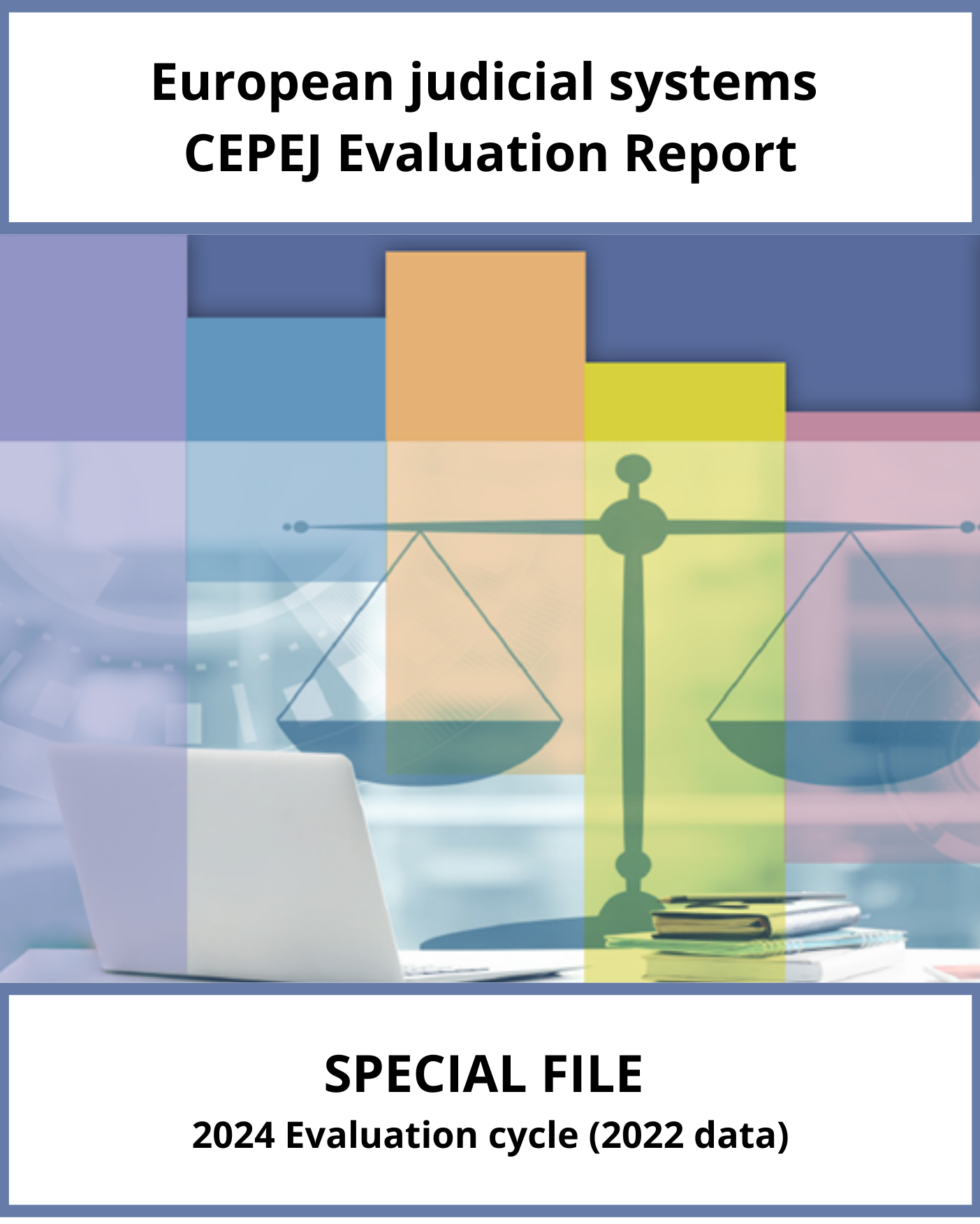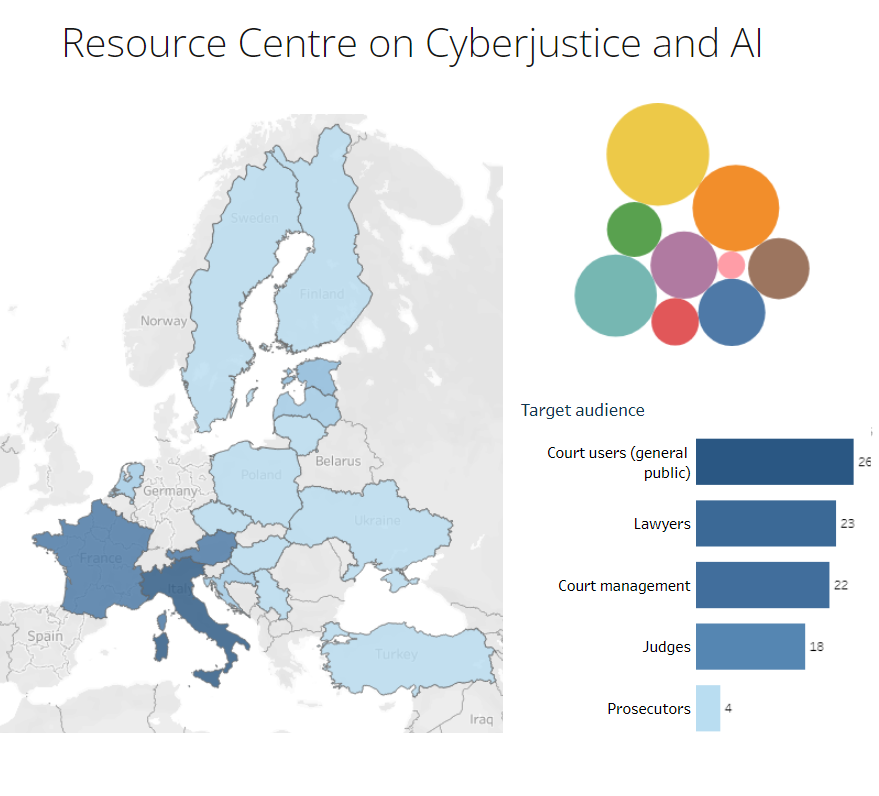The 43rd plenary meeting of the CEPEJ began with a study session on the ethical and practical framework of the use of artificial intelligence (AI) in the judicial field. This session addressed issues related to the automation of judicial processes, AI in decision-making, as well as the challenges related to the use of digital technologies in the administration of justice.
The CEPEJ took stock following the recent publication of the Evaluation Report on European Judicial Systems 2024, published on 16 October, which provides the main European trends in terms of budget, length and efficiency of proceedings, the role of the user, and legal professionals. It also contained data sheets for each country. Major changes planned for the next cycle, 2026, as well as the possible creation of new indicators, were at the heart of the debates.
The Working Group on the Quality of Justice (CEPEJ-GT-QUAL) presented draft guidelines on the qualitative evaluation of judges' work, as well as its other work on the quality of judicial debate and access to justice.
The meeting was also an opportunity for the Working Group on judicial time management (CEPEJ-SATURN) to present the future database on practices aimed at reducing judicial backlogs, and the tool to help set up a case weighting system. A checklist for time management in public prosecutors' offices was examined by the CEPEJ for adoption.
The working group on cyberjustice and artificial intelligence (CEPEJ-GT-CYBERJUST) also proposed draft guidelines on the online publication of judicial decisions and a Glossary of terms related to cyberjustice and artificial intelligence, intended for legal professionals, which should be published on the CEPEJ website in the form of an evolving database.
The continuation of the operationalisation of the CEPEJ AI Charter through the setting up of pilot evaluations of certain national AI tools and the development of the Resource Centre on AI and cyberjustice were also discussed at this plenary meeting.
The implementation of the CEPEJ's various current cooperation programmes aimed at improving the efficiency and quality of justice was finally presented.
The CEPEJ also re-elected the members of its Bureau for the period 2025-2026.








